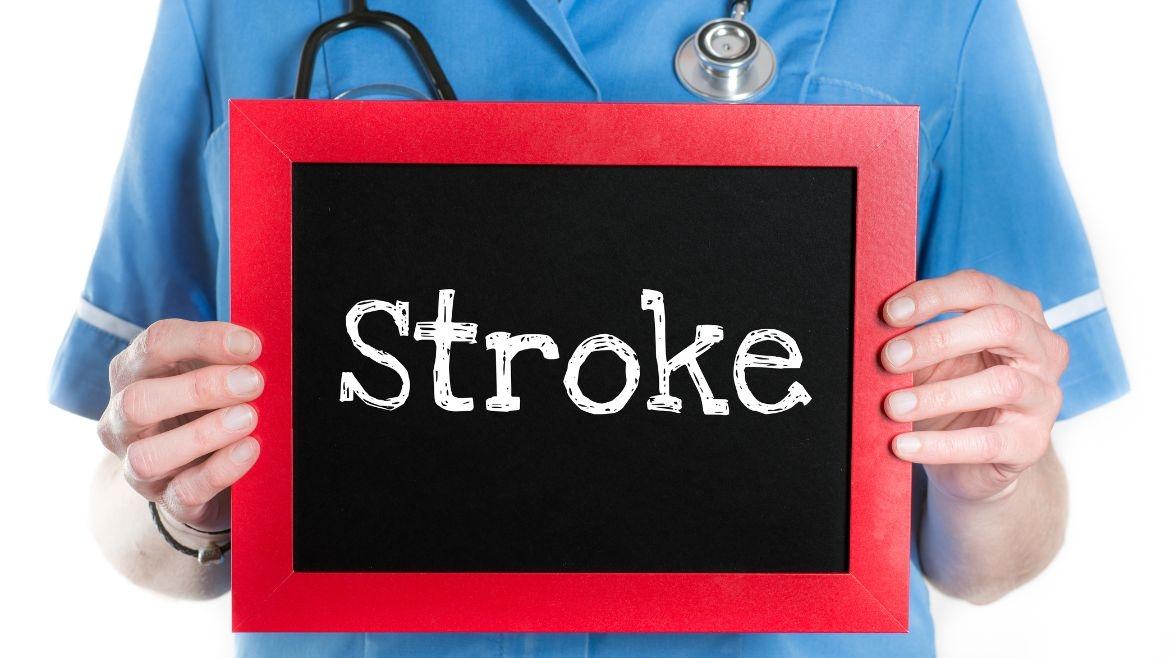How Often Are Strokes Fatal?
Stroke is a life-threatening medical emergency that occurs when the blood flow to the brain is interrupted or reduced. It is a leading cause of death and disability worldwide. The severity of a stroke can vary depending on the type, location, and extent of damage to the brain. The question that often arises is, how often are strokes fatal?
The answer to this question depends on several factors. According to the American Stroke Association, approximately 1 in 4 stroke survivors die within one year of their stroke. This means that stroke is fatal in about 25% of cases. However, the risk of death from stroke varies depending on the individual’s age, sex, overall health, and the type of stroke they experienced.
Ischemic strokes, which occur when a blood clot blocks a blood vessel in the brain, are the most common type of stroke, accounting for about 87% of all cases. According to research, the mortality rate for ischemic strokes ranges from 8% to 15%. However, the risk of death from ischemic stroke is significantly higher in elderly individuals and those with pre-existing medical conditions such as diabetes, hypertension, and heart disease.
Hemorrhagic strokes, on the other hand, occur when a blood vessel in the brain ruptures, causing bleeding in the brain. They account for approximately 13% of all strokes. Hemorrhagic strokes have a higher mortality rate than ischemic strokes, ranging from 30% to 60%. The risk of death from hemorrhagic stroke is higher in individuals with high blood pressure, smoking history, and heavy alcohol consumption.
Stroke survivors often face physical, cognitive, and emotional challenges in their recovery process. However, with the right care and support, many stroke survivors can make significant improvements in their quality of life. Programs for stroke survivors such as physical therapy, occupational therapy, and speech therapy can help improve mobility, coordination, and communication skills.
Physical therapy helps stroke survivors regain strength and movement in affected limbs. It can also help prevent muscle stiffness and contractures, which can cause long-term disability. Occupational therapy helps stroke survivors relearn daily living skills such as dressing, bathing, and cooking. It also focuses on adapting the home environment to improve safety and independence.
Speech therapy is beneficial for stroke survivors who have difficulty speaking, understanding language, or swallowing. It can also help improve cognitive skills such as memory and problem-solving. Stroke survivors may also benefit from support groups, where they can connect with other survivors, share experiences, and receive emotional support.
Recovery from stroke varies from person to person. Some stroke survivors may regain most of their pre-stroke abilities, while others may have long-term disability. The amount of recovery depends on the extent of damage to the brain and the individual’s overall health. It is important to note that recovery from stroke is an ongoing process that requires patience, hard work, and support.
Assisted living for stroke patients may be necessary for those who require ongoing medical care and support. Assisted living facilities offer 24-hour medical supervision, assistance with activities of daily living, and rehabilitation services. They also provide a safe and supportive environment for stroke survivors to recover and thrive.
In conclusion, stroke is a medical emergency that can be fatal. However, with the right care and support, many stroke survivors can make significant improvements in their quality of life. Programs for stroke survivors such as physical therapy, occupational therapy, and speech therapy can help improve mobility, coordination, and communication skills. Recovery from stroke varies from person to person, and it is an ongoing process that requires patience and support. Assisted living for stroke patients may be necessary for those who require ongoing medical care and support. At Brooksville Healthcare Center we offer stroke recovery programs that specifically focus on an individual’s recovery. Contact us today if you are in need of a center that specializes in stroke recovery. If you or a loved one has experienced a stroke, seek medical attention immediately and explore available resources to support recovery.

